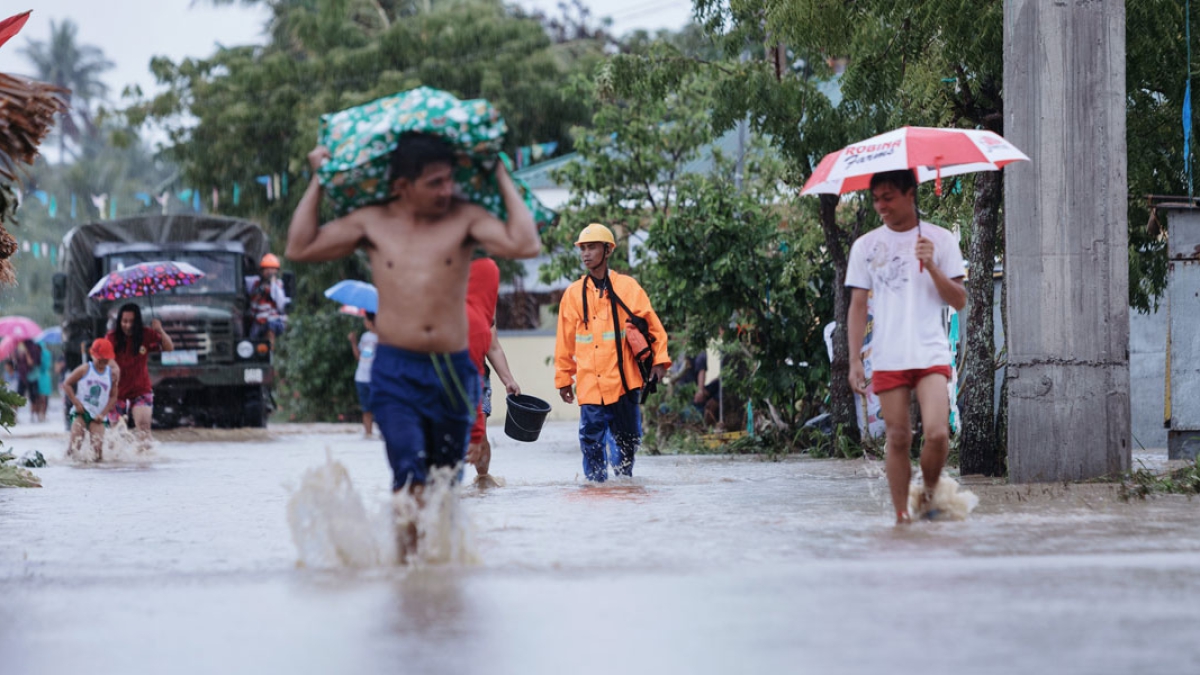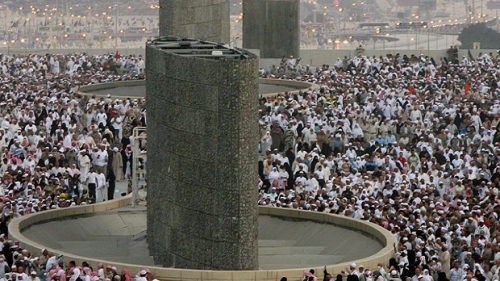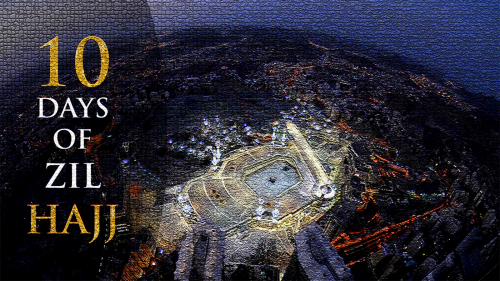Climate Change: The Cost of Doing Nothing

Every day, I hear stories of the suffering caused by the humanitarian impacts of climate change in communities across the world. Red Cross and Red Crescent volunteers speak of parched landscapes after recurrent droughts, and families’ crops, homes and livelihoods washed away by floods and cyclones. I hear of island communities under threat. Of needless deaths during heatwaves in major world cities.
Looking at this IFRC report, I think of this suffering, and I picture it rising by 50 per cent just over ten years from now. And then I picture it doubling by 2050.
“There is clearly a very high cost of doing nothing. But there is no clear reason why 200 million people should be forced to pay it in 2050”
This is alarming enough. What is truly shocking is that the findings presented here do not include considerations of how the climate crisis may affect the drivers of conflict, or the potential future risk of increased epidemics and heatwaves. The true cost of doing nothing will likely be much higher than the estimates presented here.
There is clearly a very high cost of doing nothing. But there is no clear reason why 200 million people should be forced to pay it in 2050 – because these projections also show that there is a chance to do something powerful, today. This possible future – one of escalating suffering, shattered communities, ballooning costs and thwarted potential – does not have to come to pass.
No one organization, network or government can end the climate crisis overnight, but we can act together to stop a climate catastrophe from engulfing hundreds of millions of lives in disaster after disaster. We can do this by ensuring that resources and expertise are put where they are needed most – into adaptation measures that extend to the communities most at risk.
We all know the cost of doing nothing is far, far too high. So now is the time to act, knowing that through doing something we can save the lives, livelihoods and dignity of millions of people.
Francesco Rocca is President of International Federation of Red Cross and Red Crescent Societies.
( Source: Forward to the Climate Report, The Cost of Doing Nothing. Download the full report at www.ifrc.org/costofdoingnothing )
Topics: Climate Change, Humanitarian Crisis, Humanity, Social Change
Views: 1313
Related Suggestions

















